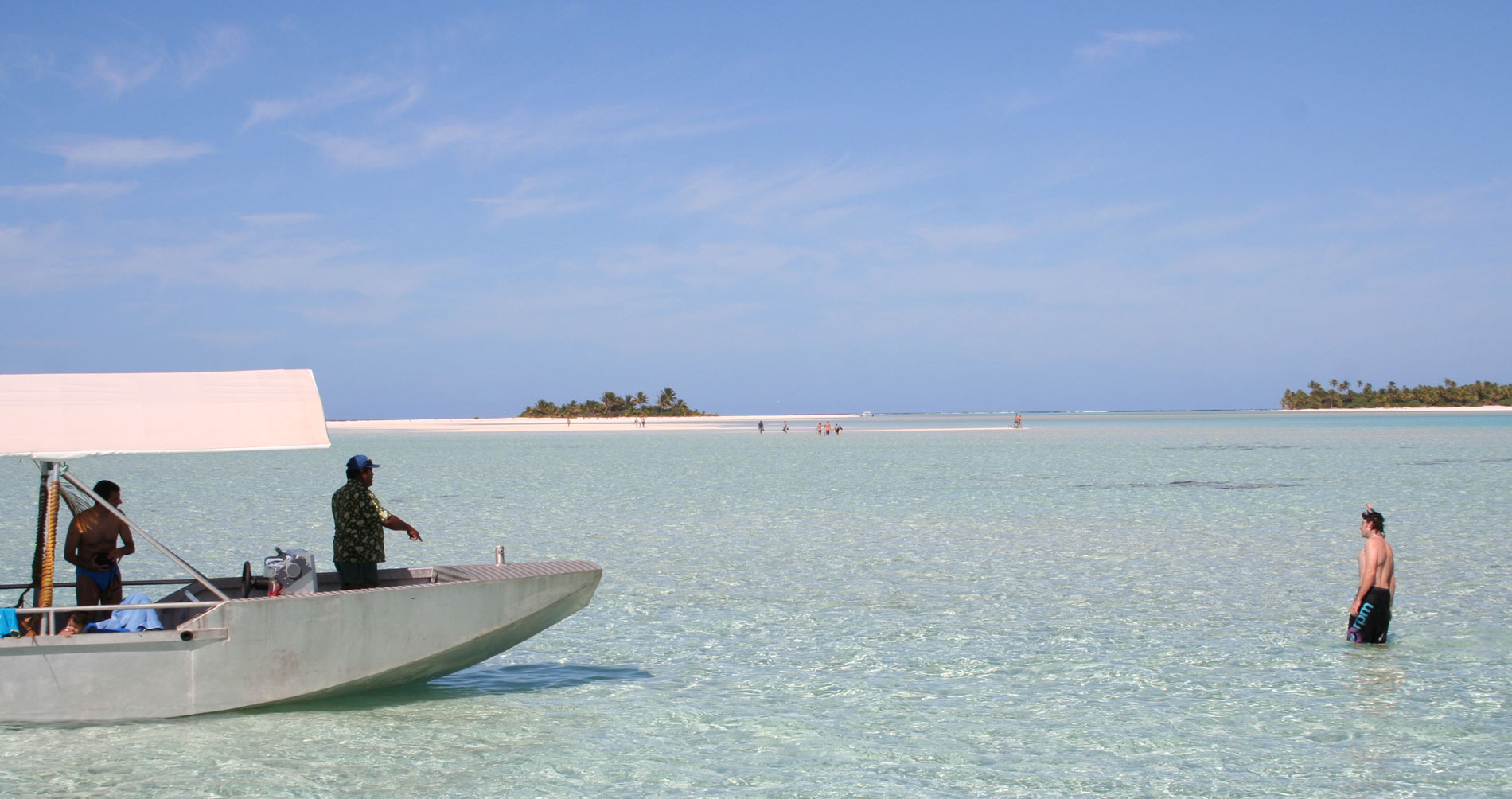Zika infection is caused by Zika virus (ZIKV) transmitted by the bite of an infected Aedes mosquito. The disease can be asymptomatic, but in those that do experience symptoms, ZIKV infection causes fever, rash, headaches, muscle and joint pains and conjunctivitis. Outbreaks have occurred in many countries of the world, including the Pacific islands. In 2015, the first case of ZIKV infection to occur in Brazil was reported.
A possible link between exposure to ZIKV in pregnancy and microcephaly (a birth defect where the baby’s head is smaller than expected) and other birth defects.
Type in the names of the areas you are travelling to and this vaccination planner will give you a quick run down on travel related illnesses you should be aware of.
A list of both vaccine preventable and non-vaccine preventable diseases will appear. You can click on each disease for further information.
We recommend that you book a consultation with us, 6-8 weeks before departure, where we will take into consideration your specific travel plans and the latest health reports for your destination including travel vaccinations and anti-malarials.
Here are some common travel diseases you should be aware of
ZIKA Virus
Diphtheria
Diphtheria remains a serious disease throughout much of the world. Large outbreaks of diphtheria have occurred in the past due to unimmunised or inadequately immunized people groups of people. Some cases can be mild while more severe cases can lead to death.
Tetanus
After entering the body, the bacterium spores germinate and produce toxins which affect the nervous system. Tetanus is sometimes referred to as "lockjaw" due to the spasms of the nerves.
Tuberculosis
This air-borne disease is a major public health concern in many countries and vaccination is recommended for healthcare workers and other long term travellers going to live or work in areas of risk
Hepatitis B
This disease is a virus infection of the liver. There are steps travellers can take to avoid catching Hepatitis B
Hepatitis A
It is a virus infection of the liver and common in areas where sanitation and water is inadequate. There are steps travellers can take to prevent the spread of Hepatitis A
Yellow Fever
This is one of the most lethal viral diseases which infects both monkeys and humans. There is a specialist preventative vaccine available from Worldwise clinics, and awareness of sensible mosquito avoidance is advised.
Typhoid
Closely associated with poor hygiene and sanitary conditions, this disease is prevalent in developing countries. There are steps travellers can take to prevent the spread of Typhoid.
Travellers Diarrhoea
The disease is a self-limiting one, lasting from two to six days and considered to be caused when the normal environment of the bowel is upset with exposure to new foods, diet and organisms. It is particularly common in developing countries where sanitation is poor.
Q Fever
Cattle, sheep and goats are the primary carriers of the bacteria causing this infection. There is a preventative vaccine for this disease, usually recommended and often required for travellers going to work or visit rural areas with animals, abattoirs, meat plants, cattle stations etc.
Schistosomiasis
Schistosomiasis worms are found in fresh water such as rivers and lakes which have been contaminated with human faeces or urine. It is a disease primarily found in Sub-saharan Africa, however, is also in other developing countries. It is both a treatable and preventable disease.
Malaria
There are five types of Malarial parasites that can infect human beings. One called P falciparum is potentially more life-threatening than the others as it may affect the brain. The other four types should still be taken seriously. There are preventable medications against these parasites for travellers and sensible insect avoidance is also encouraged.
Meningococcal Disease
Outbreaks of the Meningococcal disease occur frequently during the dry season across sub-saharan Africa. Many strains of bacteria can cause this disease. For travellers, there is an effective vaccine against five strains of Meningococcal disease, these are the strains that cause most outbreaks in developing countries.
Japanese Encephalitis
Japanese Encephalitis is primarily a rural disease and transmission is usually during the rainy season, when there are more mosquitoes, and the start of the dry season. It occurs mainly in three regions: China & Korea, Indian sub-continent and South East Asia, though, may occur with lower incidence in surrounding areas.
Dengue Fever
Dengue Fever is spread by a day time biting mosquito. There are four different 'types' of the virus. Being infected with every type is possible, each time getting a more serious form of the disease. There is no vaccine to prevent Dengue Fever, sensible insect avoidance is the step you can take to reduce your risk of being bitten by an infected mosquito.
Rabies
Rabies is a viral disease spread by contact with warm blooded animals. This is a very serious and frightening disease, often not taken seriously by travellers going to at risk areas. Once symptoms have developed in humans, it's generally fatal.
Cholera
This sudden onset disease causes watery diarrhoea which can quickly lead to dehydration and sometimes fatality. Cholera is easily prevented and treated. By following some simple prevention rules, travellers can avoid infection.
Chikungunya
Spread by a daytime biting mosquito, the disease is similar to Dengue Fever. There is no preventative vaccination or medication for Chikungunya, and no specific treatment for the disease. Sensible insect avoidance is the step you can take to reduce your risk of being bitten by an infected mosquito.

